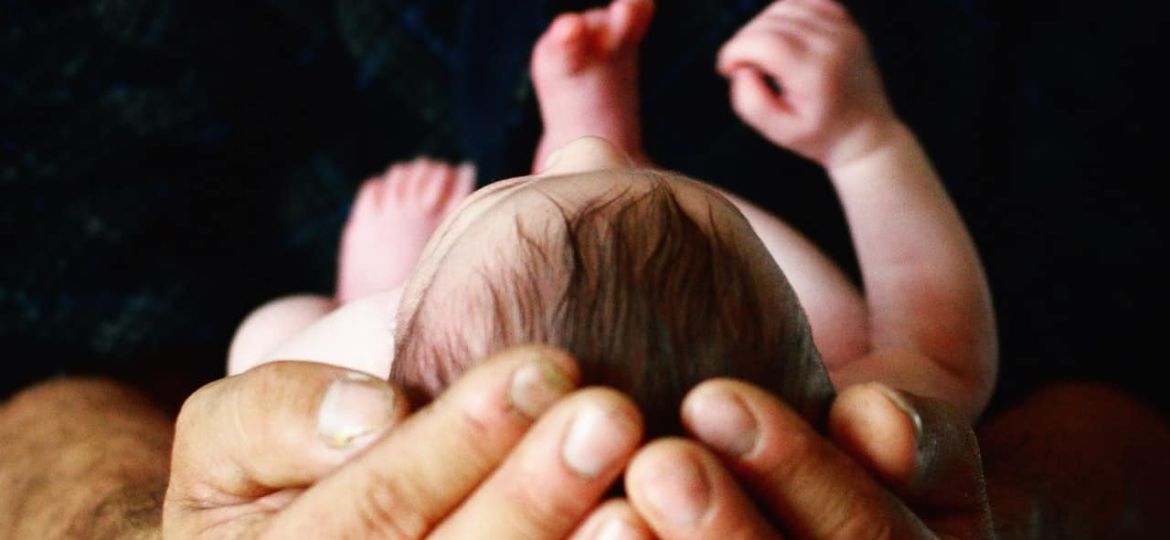
From birth to late adolescence, your child will inevitably grow. He or she will also have sudden periods of growth spurt that will, during the first few weeks, confuse you a little! What is a growth spurt and how do you recognize it? How to deal with a growth spurt? We answer all your questions!
What is a growth spurt?
A growth spurt is a short, temporary period of time when your baby wants to eat more. He or she may also show signs of irritability and impatience, and sleep may be slightly disturbed.
During the first few weeks of your baby’s life, the first growth spurt usually occurs within 7 to 12 days of birth. The second growth spurt occurs at 3 weeks and again at 6 weeks. However, the frequency of growth spurts varies from child to child.
How to recognize a growth spurt in your baby
Your child’s appetite is increasing

The first way to recognize a growth spurt in your baby is an increase in his appetite. If you’re breastfeeding, you’ll notice that your baby tends to want to hang on to your breasts longer! This is because your baby’s body is demanding more milk to meet this sudden need for energy.
If your baby is bottle-feeding, he or she will express hunger! One way or another, your baby will tell you that his body needs more milk to grow! The only solution is to feed him.
Your baby is more irritated during the growth spurt
Throughout his life, and especially during the first month after birth, a child’s development proceeds at an impressive rate. Imagine this little being completely discovering a new environment: objects, colors, lights, faces, voices, his own body, etc. Moreover, your child is constantly growing! He or she is growing in length and weight, and all these phenomena imply the permanent production of new cells. Growth spurts are therefore particularly tiring episodes for your little baby. He may become irritated, but with a lot of love and attention from you, he can also quickly regain his composure.
Sleep is disturbed
In most cases, growth spurts are accompanied by disruption of your child’s sleep. Your child may wake up a lot at night or, on the contrary, be a sleepyhead in the morning. Whatever new rhythm your child’s brain decides to adopt during the growth spurt, it’s best to respect this temporary change.
His behavior changes during the growth spurt
During growth spurts, your child’s behavior may also change. If your child is very calm and cheerful by nature, he or she may suddenly become a little nervous and cranky. On the other hand, if your baby’s temperament is energetic, during the growth spurt he or she may seem a little listless.
However, since growth spurts should not last longer than 72 hours, if you notice that this change in behavior lasts longer than that, we recommend that you talk to your doctor.
How do you deal with a growth spurt?
Since your child was born, you’ve found a regular rhythm for spacing out his or her bottle feedings, nap times and activity times. Growth spurts can temporarily disrupt your schedule. And that can be confusing.
However, because the episodes only last a few days, the best way to deal with a growth spurt is to meet your child’s different needs right away. When your child is hungry, you should feed him. When his sleep is disturbed, you can accompany him to tenderly calm him. Or, if during the day your child is a bit pensive and less energetic than usual, in this case, let him dream in his little bubble, quietly!
Also think about the intimate relationship you develop with your child during growth spurts. Take advantage of these moments to spend more time together, increase the moments of softness and get to know your baby even more. And vice versa!
The important thing to remember is that your child is going to grow very fast! His body will change, his body will become more and more efficient and his needs will constantly evolve until the end of his adolescence. Growth spurts are therefore natural periods that you simply have to go through at your baby’s pace. Once you spot the signs of these episodes, you will be able to anticipate your child’s needs and help him get through these stages as calmly as possible!

